Ask AI on The Internet
Question: Examine the economic system trade, of pre colonial African societies, was trading useful, how did it help in the stability and development of these societies, also give examples.Include in-text citations APA 7th referencing style and references.
## Examination of Trade in Pre-Colonial African Societies ### Introduction Trade in pre-colonial African societies was a fundamental aspect of their economic systems. It facilitated not only the exchange of goods and services but also the diffusion of culture, technology, and innovations. This trade was useful for various reasons and contributed significantly to the stability and development of these societies. ### Benefits and Importance of Trade 1. **Economic Prosperity**: Trade allowed surplus goods from one region to be exchanged for needed resources from another, facilitating economic prosperity. This interdependence created a balanced economic system, which minimized resource scarcity and maximized productivity. 2. **Political Stability**: Trade networks often led to the formation of alliances and the establishment of political stability. Leaders and rulers understood that peaceful and secure environments were prerequisites for thriving trade activities (Northrup, 2002). 3. **Cultural Exchange**: Trade routes became conduits for cultural exchanges, allowing for the dissemination of ideas, beliefs, and technologies. This interaction helped societies to grow more cohesive and dynamic in their cultural practices (Ehret, 2002). 4. **Infrastructure Development**: The necessity of trade spurred infrastructure development, such as roads, ports, and warehouses, which were essential for the transport and storage of goods. These developments, in turn, stimulated the growth of urban centers and improved communication and transport within and between societies. ### Examples of Trade in Pre-Colonial African Societies 1. **Trans-Saharan Trade**: This trade connected the Sahara desert region with North Africa and other parts of the African continent. Goods such as gold, salt, ivory, and slaves were exchanged, helping to sustain powerful empires like Mali and Songhai (Levtzion & Hopkins, 2000). 2. **Indian Ocean Trade**: East African societies like the Swahili city-states engaged in trade across the Indian Ocean with Arabia, India, and Southeast Asia. They traded gold, ivory, and animal skins in exchange for spices, textiles, and other luxury goods (Pearson, 1998). 3. **The Niger Delta Trade**: Societies in the Niger Delta region engaged in extensive trade with European merchants even in the pre-colonial period. They traded palm oil, kernels, and various local crafts in exchange for European goods, which included guns, textiles, and alcohol (Lovejoy & Richardson, 1995). ### Conclusion Trade was indeed useful in pre-colonial African societies as it played a pivotal role in their economic development and stability. The establishment of extensive trade networks promoted economic prosperity, political stability, cultural exchange, and infrastructural development. This ultimately led to the growth and sustainability of African societies before colonial intervention. ### References Ehret, C. (2002). *The Civilizations of Africa: A History to 1800.* University of Virginia Press. Levtzion, N., & Hopkins, J. F. P. (2000). *Corpus of Early Arabic Sources for West African History.* Markus Wiener Publishers. Lovejoy, P. E., & Richardson, D. (1995). *West African Economic and Social History: Studies in Economic and Social History.* African Studies Review. Northrup, D. (2002). *Africa’s Discovery of Europe, 1450-1850.* Oxford University Press. Pearson, M. N. (1998). *Port Cities and Intruders: The Swahili Coast, India, and Portugal in the Early Modern Era.* Johns Hopkins University Press.
Think your answer is better than the AI's? Post it below.
Question Tags
If you want your question answered by an AI, click here.

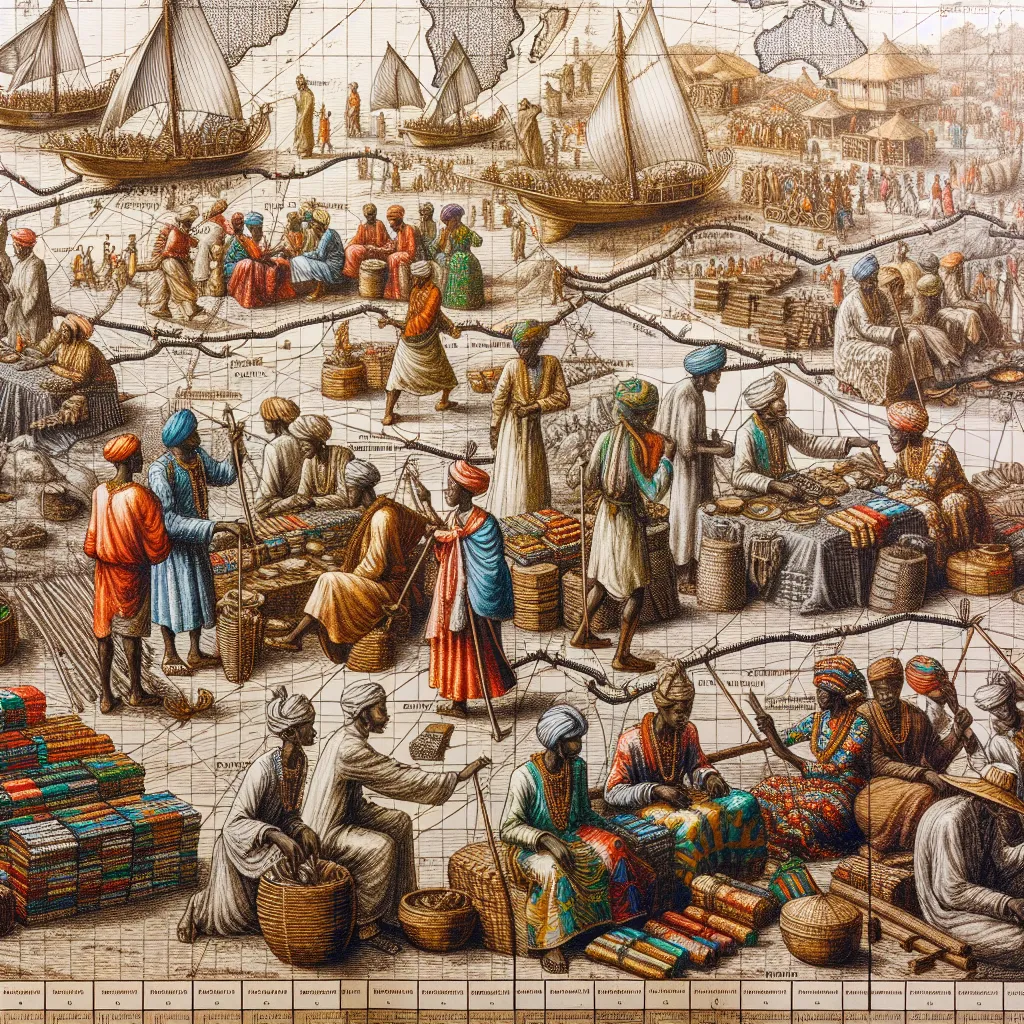
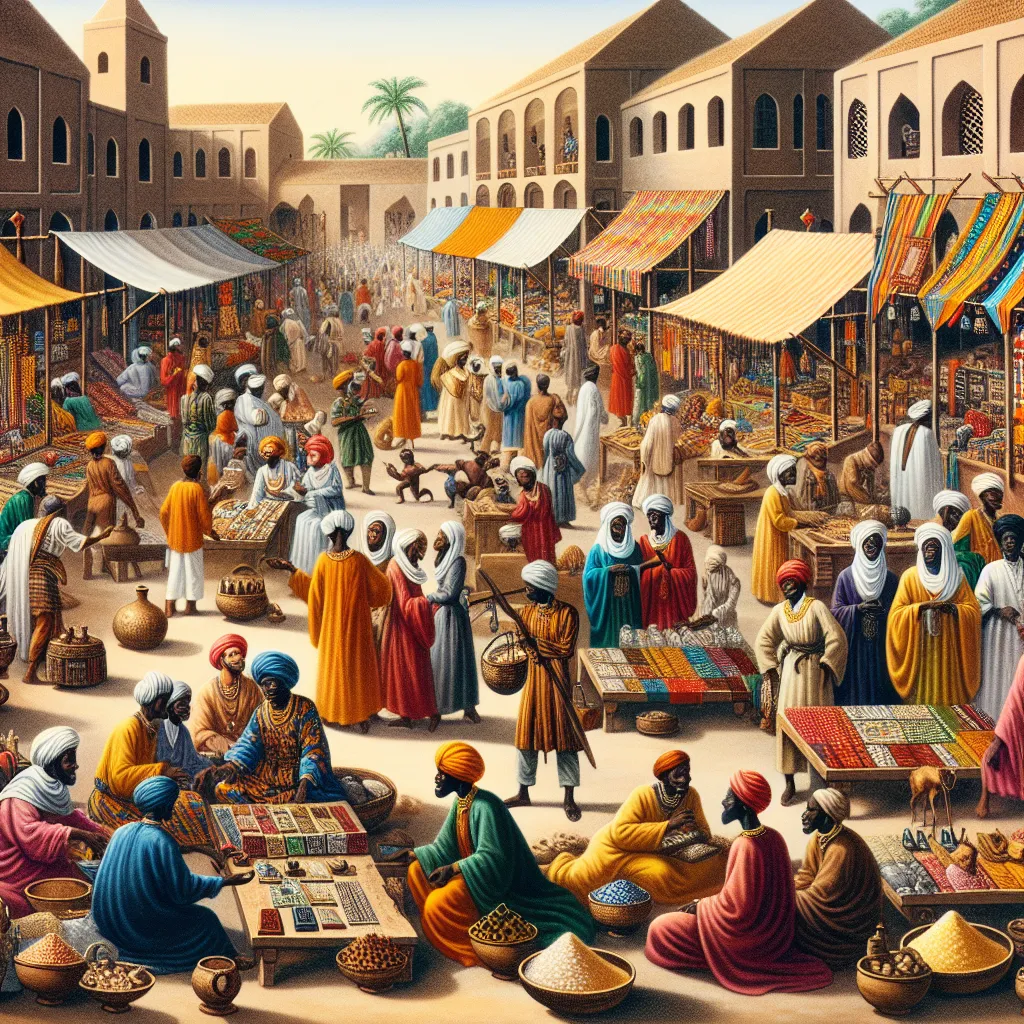
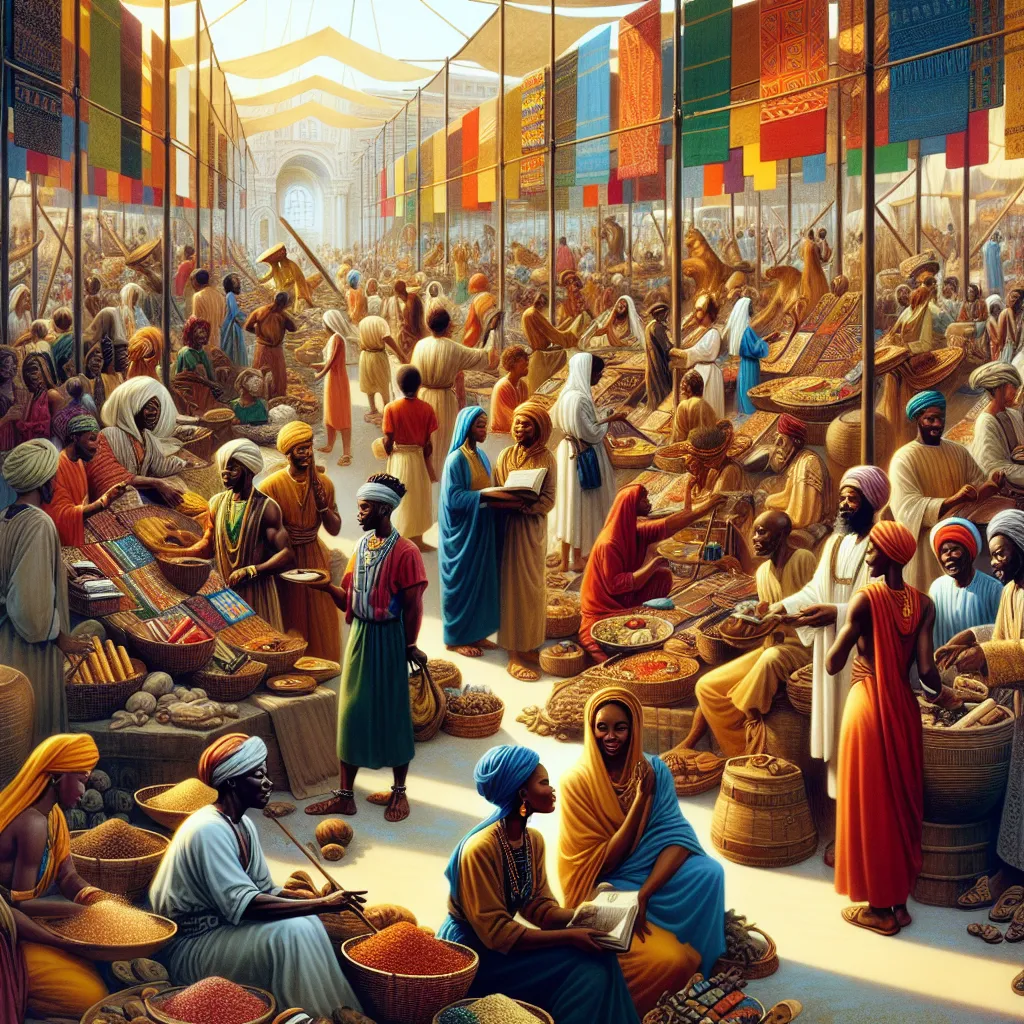
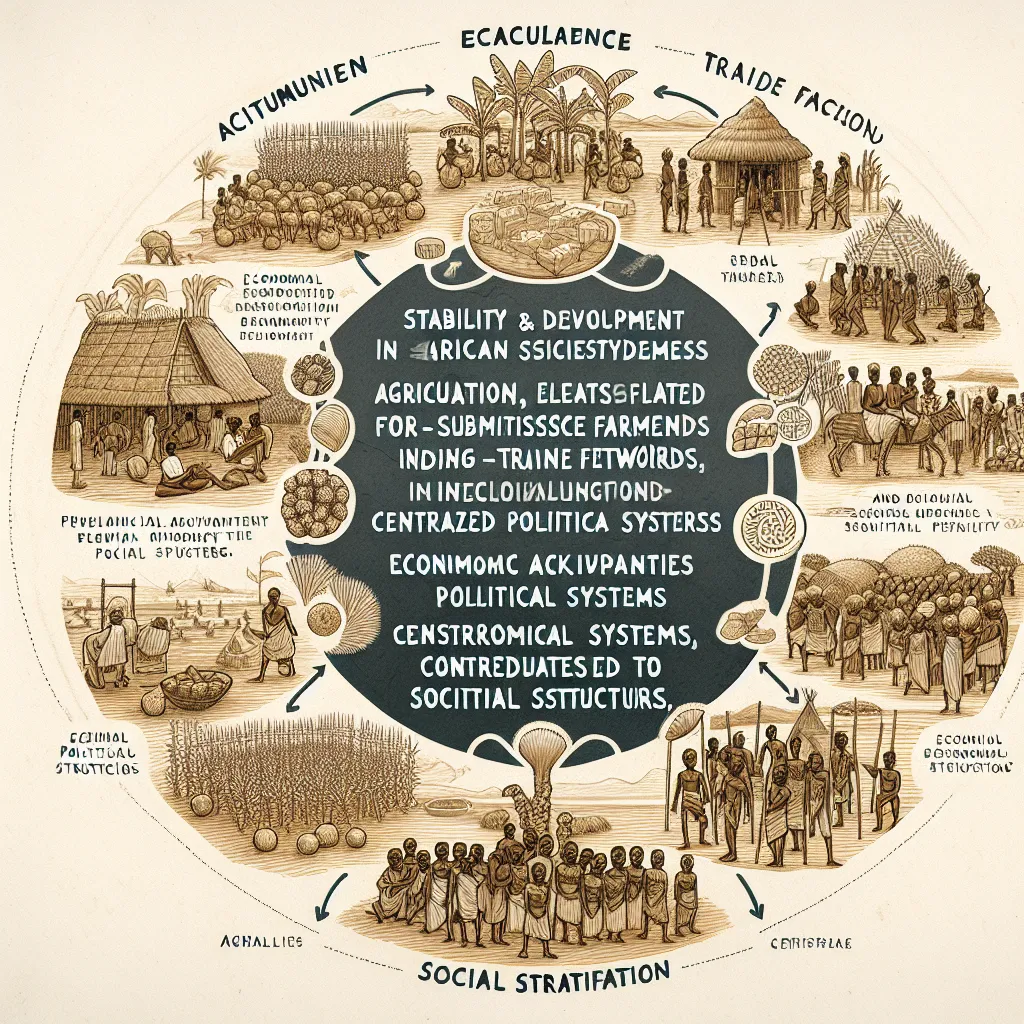
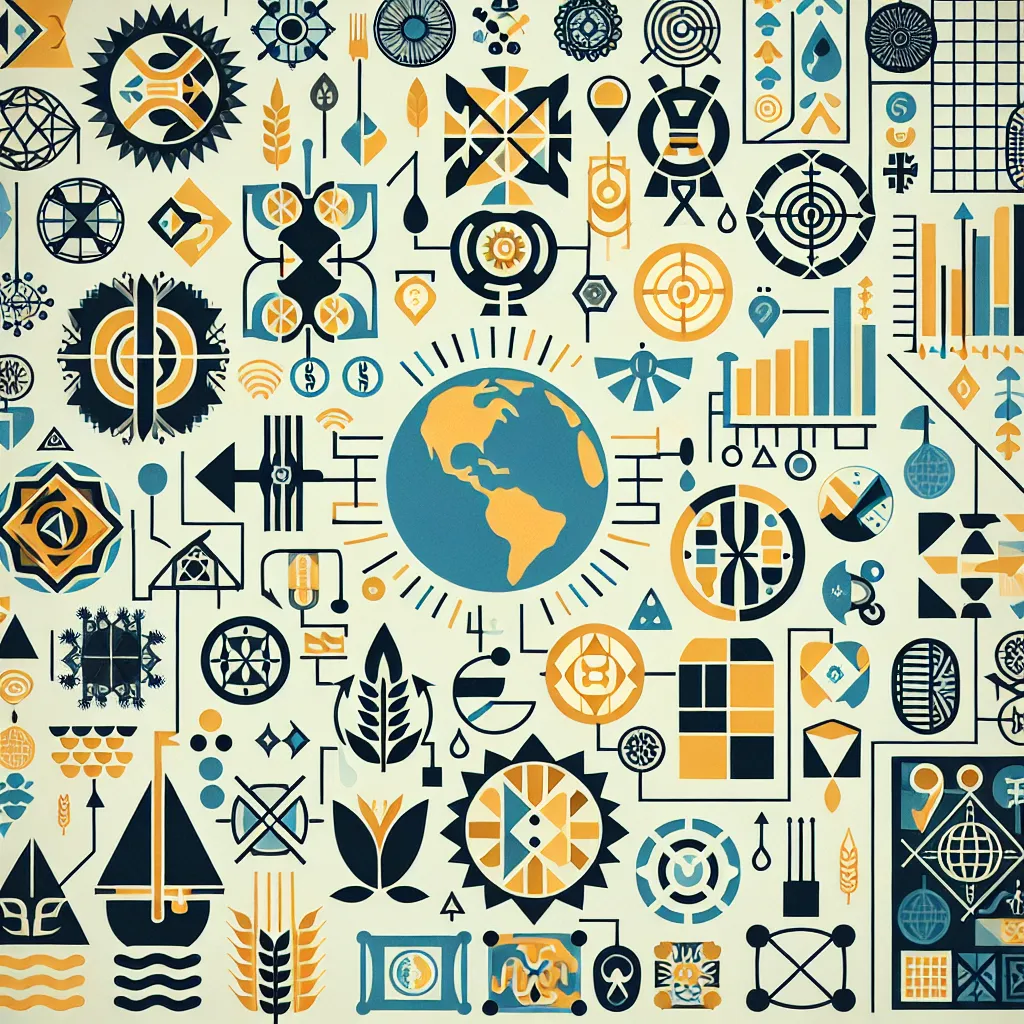

Post your own comment: